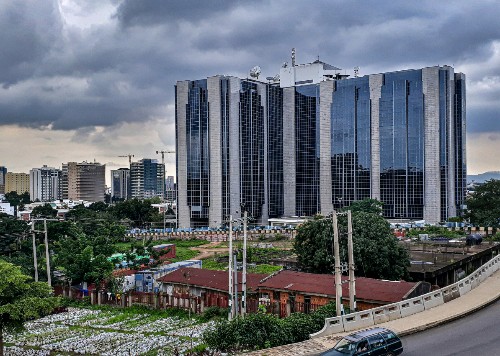BIG STORY
Osinachi: Police Investigation Links Singer’s Death To Husband
-

 BIG STORY4 days ago
BIG STORY4 days agoCourt Sentence FCMB Branch Manager To 121 Years In Prison For Embezzling N112million From Customer’s Account In Anambra
-

 BIG STORY18 hours ago
BIG STORY18 hours agoI Must Draw Blood From You, Says Ekiti Universty Bully As She Brutalises Fellow Student [VIDEO]
-

 BIG STORY2 days ago
BIG STORY2 days ago80% Of Lekki Buildings Have No Government Approval — Physical Planning Commissioner, Oluyinka Olumide
-

 BIG STORY2 days ago
BIG STORY2 days agoMy Only Regret In Life Is Bleaching My Skin — Toke Makinwa
-

 BIG STORY21 hours ago
BIG STORY21 hours agoSix Top NSCDC Officials Under EFCC Probe Over N6bn Fraud
-

 BIG STORY2 days ago
BIG STORY2 days agoBREAKING: Ikeja Electric Slashes Tariff For Band A Customers By 9%
-

 BIG STORY2 days ago
BIG STORY2 days agoMende Demolitions: Developers Served Contravention Notices Since 2021, But Ignored — Tokunbo Wahab
-

 BIG STORY5 days ago
BIG STORY5 days agoGovernors Can Pay N615,000 Minimum Wage If They Get Priorities Right — NLC






























